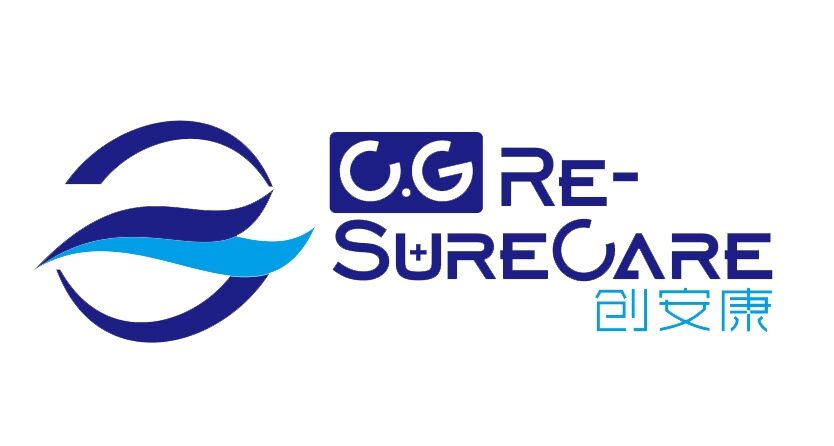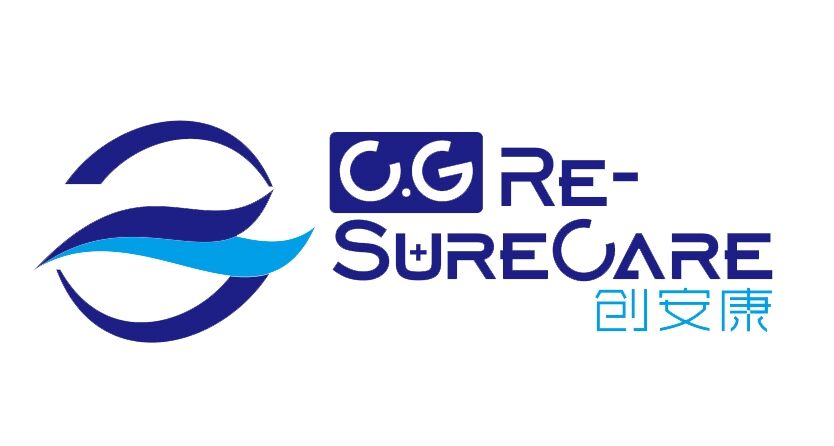The Essential Role of Medical Protective Pads in Patient Care
Safeguarding Fragile Skins and Health
Patients with bed sores or loss of mobility are a vital group that requires the attention of medical protective pads. The aim is to minimize friction as much as possible and pressure effects on tender areas in order to prevent bedsore formation and other skin injuries during this period. Medical protective pads help keep skin integrity by creating a soft, absorbent barrier between the patient’s bed or seat.
Increasing Patient Comfort And Wellbeing
Medical protective pads also add significantly towards improving patients’ comfort levels. They contain gentle materials for the skin that can take in moisture hence keeping patients dry and comfortable throughout their stay in hospital. This is specifically important for people who may not be able to change positions often, or those having incontinence issues because it reduces discomfort and possibility for skin irritation.
Contribution to Infection Control Measures
In healthcare facilities where infection control is paramount, medical protective pads act as an extra layer of protection. They are easily disposable so they can be changed regularly to avoid cross-contamination risks. Moreover, some pads have been made with antimicrobial features which hinder bacteria growth thus making rooms cleaner and safer for patients.
Can Be Customized For Different Needs
Different patient requirements make medical protective pads exist in different sizes and thicknesses. From low-key small-sized light guards to heavy duty options designed for extreme cases of urinary incontinence or long-term immobility; these items provide adequate support while ensuring complete freedom from risks for every patient involved.
Integration With Other Medical Devices
Moreover, medical protective pads are compatible with other essential health care devices such as beds, wheelchairs, mattresses among other things. Their integration into numerous products guarantees all-inclusive coverage of individuals regardless of where they are located within any health facility setting or how they are positioned thereat. This flexibility helps caregivers maintain a safe environment consistently around their patients at all hours.
They Are Easy To Use And Maintain
Busy healthcare providers also find medical protective pads to be user-friendly and easy to maintain. They can be changed quickly by staff members, thereby reducing the workload related with changing linen or bedding. Plus, many of these products can be washed using a machine and reused in future thus making it cheaper in terms of costs that are associated with skin protection and comfort.
Training And Education For Effective Use
For maximum use medical protective pads require training as well as education within the health care facilities. This includes teaching staff about the proper placement techniques, how often they should be changed and what sorts of signs of skin damage to look for. Correct usage will ensure patients’ comfort remains intact while being protected effectively by these pads.

 EN
EN




























